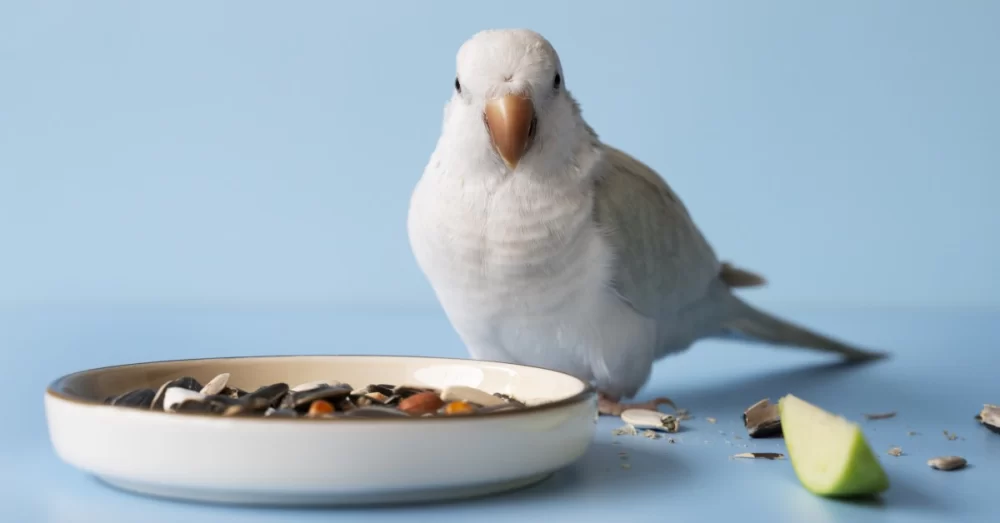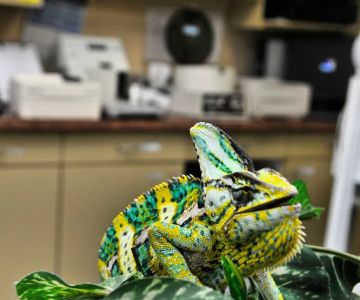- why-make-homemade-bird-treats
- safe-ingredients-for-small-birds
- diy-recipes-homemade-bird-treats
- personal-story-and-tips
- common-mistakes-to-avoid
- where-to-find-quality-supplies
1. Why Make Homemade Bird Treats
Many bird lovers choose to prepare homemade bird treats for parakeets and small birds to ensure their pets are getting nutritious, safe, and enriching food. While store-bought snacks can be convenient, they sometimes contain additives, sugars, or preservatives that aren’t ideal for delicate avian digestive systems.
Making treats at home not only puts you in control of the ingredients but also offers a fun bonding opportunity with your birds. You can tailor treats to suit their preferences, seasonal needs, or even training routines. Especially for parakeets, variety in diet helps reduce boredom and supports mental stimulation.
2. Safe Ingredients for Small Birds
2.1. Fresh and Whole Foods
Small birds like parakeets benefit from fresh ingredients. Safe options include finely chopped carrots, apples (without seeds), spinach, and bell peppers. Whole grains such as oats, quinoa, and millet are also excellent bases for treats.
2.2. Seeds and Nuts – In Moderation
Seeds like flaxseed, chia, and sunflower (unsalted) can add texture and nutrients. However, they should be used sparingly to avoid high fat intake. Crushed nuts such as almonds or walnuts can be a tasty addition, but must be plain and unsalted.
2.3. Bird-Safe Binders
To hold your treat mixtures together, use bird-safe binders like unsweetened applesauce, mashed banana, or a small amount of natural peanut butter (free of xylitol). These help create cohesive treat shapes that are easy to portion and store.
3. DIY Recipes: Homemade Bird Treats
3.1. Oven-Baked Seed and Veggie Bars
Mix rolled oats, chopped spinach, shredded carrot, a teaspoon of flaxseed, and a spoonful of applesauce. Form into small bars and bake at 300°F (150°C) for 15–20 minutes. Let cool before serving.
3.2. Frozen Fruit Pops
Blend safe fruits like berries, apples, and banana. Pour the mixture into small molds or ice cube trays. Freeze and offer them on warm days. These are especially refreshing and entertaining for birds during the summer.
3.3. Millet and Herb Bites
Combine cooked millet, finely chopped parsley, and mashed banana. Shape into small balls and refrigerate. These can be used as daily enrichment or as a reward during training.
4. Personal Story and Tips
Last winter, I started making my own bird treats after my parakeet Kiwi became picky about his store-bought options. I noticed a significant change once I introduced homemade snacks—he became more playful and vocal, and even started mimicking simple sounds more frequently. One of his favorites is a baked mix of oats, peas, and mashed sweet potato.
My tip? Involve your bird in the process. Let them see, smell, and hear the ingredients being prepared. This not only builds trust but also piques their curiosity—turning treat time into a learning moment.
5. Common Mistakes to Avoid
5.1. Using Unsafe Foods
Avocados, chocolate, caffeine, onion, and garlic are toxic to birds. Always double-check ingredients before use. Even some herbs and spices should be used with caution.
5.2. Overfeeding Treats
Treats should only make up a small portion of your bird’s diet. Aim for no more than 10–15% of their total intake. The rest should come from a balanced mix of pellets, fresh veggies, and small amounts of fruit.
5.3. Skipping Variety
Even homemade treats can become boring if repeated too often. Try rotating ingredients and shapes. Small birds enjoy foraging, so hiding treats inside foraging toys can increase their appeal.
6. Where to Find Quality Supplies
It’s important to use fresh, organic ingredients whenever possible, especially for small birds. Look for bird-safe options at local health food stores or pet specialty shops. If you’re unsure where to start, visit Hidden Brook Veterinary for guidance on the best products and tools for making treats at home. Their knowledgeable staff can recommend safe, nutrient-rich ingredients, and even offer suggestions tailored to your bird’s specific health profile.
In addition to supplies, Hidden Brook Veterinary also provides wellness consultations—perfect for first-time bird owners looking to create a proper diet plan that includes healthy treats.












